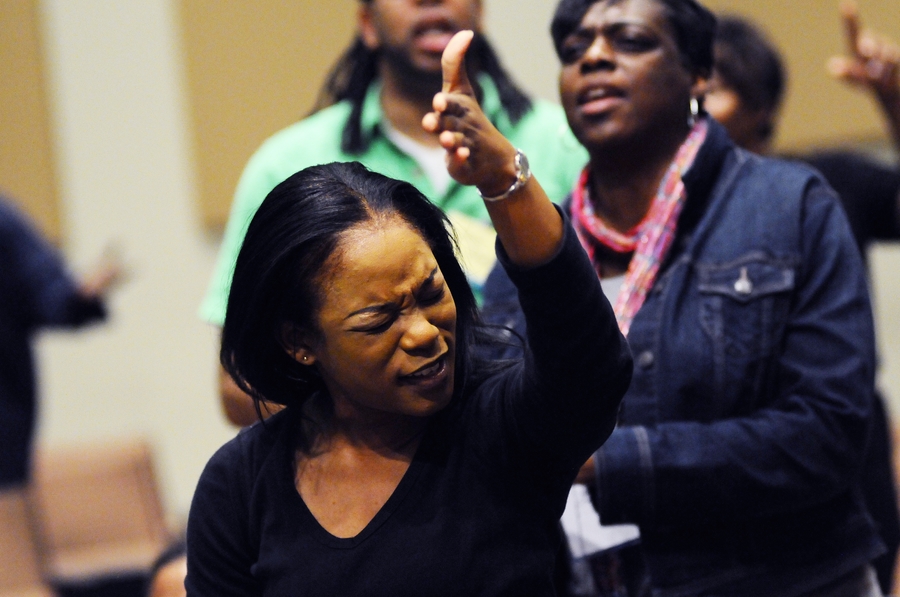Postmodernism and Worship
The traditional church refers to the prevailing postmodern mindset as “works of the flesh.” Conservative preachers call it “sin.” Psychologists call it “narcissism.” But in retrospect, it is worship—not of God, or Christ, but of “self.”
Today’s church is challenged by the “postmodern” culture in which it exists, resulting in a challenged worship culture. In the culture of postmodernism, there are several prevailing societal beliefs including:
• The Bible is not infallible, inerrant or the final authority in all matters that pertain to life.
• Truth and relevancy are not structured around morality based on the Biblical text, or wisdom from forefathers.
• Most historically foundational truths, values and beliefs are no longer valid.
• Art, media and technology are powerful influencers.
• Free will and free thought without limitations, restrictions or boundaries should be embraced.
• Enlightenment, rationalization and reasoning are chief pursuits at the expense of the sacred or the sane.
• The needs, desires and promotion of “self” trumps God, humility and community.
• Immediate gratification is primary—especially in matters of money. In the postmodern culture, individuals are free to set and cultivate their own
behavior, ideologies and actions based on their own interpretations, beliefs and environment.
Is this why worshipers are living by their own Scriptures and not the Holy Scriptures?
In this era, people have less tendency to hold to the values taught to them by their grandparents, teachers, and parents. Individuals make their own rules, invoke their own regulations, and risk their own fate.
- We are living in a popular culture that embraces and promotes a wider acceptance of customs and practices than in past years. It is a culture that is centered on popular taste, public opinion and people’s perceptions; where the opinions of the majority tend to rule or dominate.
- So, where does the Bible, God and worship fit into this postmodern mindset that has infiltrated the church?
- As Christians, is the Bible our final authority?
- As worshipers, do our lifestyles align with Scripture?
- As worship leaders, do we follow Christ or do we follow our own opinions?
- As believers, are we transforming the world or conforming to the world?




